Songkran Festival
The Songkran water festival, which welcomes the new year according to the traditional Thai calendar, takes place from April 13 to 15 every year. On this occasion, Thai people go to temples to attend the Buddha bathing ceremony, bring fruits and vegetarian dishes to offer to monks, release animals, and then wish their parents and grandparents a long life. Finally, there is the custom of spraying scented water on each other to wish them good luck.
Loi Krathong Festival
Loi Krathong is the biggest festival in Thailand, held on the full moon night of the 12th month of the Thai calendar (November). At the festival, people release flower lanterns - krathong, on the water. This is the way Thai people show their respect to the water goddess Phra Mae Khongkha.
Yi Peng Festival
At the same time as Loi Krathong, the Yi Peng festival of the Lanna people in northern Thailand is held on November 8. The “holy land” of the Yi Peng festival is the ancient capital Chiang Mai. On this occasion, people will make lanterns from rice paper and bamboo frames, then light them up and release them into the sky. The lanterns fly high, creating an extremely brilliant scene.
Pee Ta Khon Festival
The Pee Ta Khon Ghost Festival usually takes place in June or July and lasts for three days. During the festival, people take to the streets, parade in groups and wear colorful masks made from coconut trunks, covered with a layer of wicker and steamed sticky rice. The highlight of the festival is the “soul calling” performance, where participants use drums and wooden sticks to call the spirits of their ancestors, creating a mysterious atmosphere.
Khao Phansa Festival
Khao Phansa is a three-month festival that begins in the eighth lunar month. During this festival, monks do not leave their temples. On the first day of Khao Phansa, Thai people have a meal with their family members, then dress in traditional clothes to go to the temple to pay respects, pray for blessings, and give robes to monks. The next day is called Wan Nao (preparation day), which is considered New Year's Eve in the traditional Thai New Year.
Source: https://hanoimoi.vn/nhung-le-hoi-noi-tieng-cua-thai-lan-690146.html


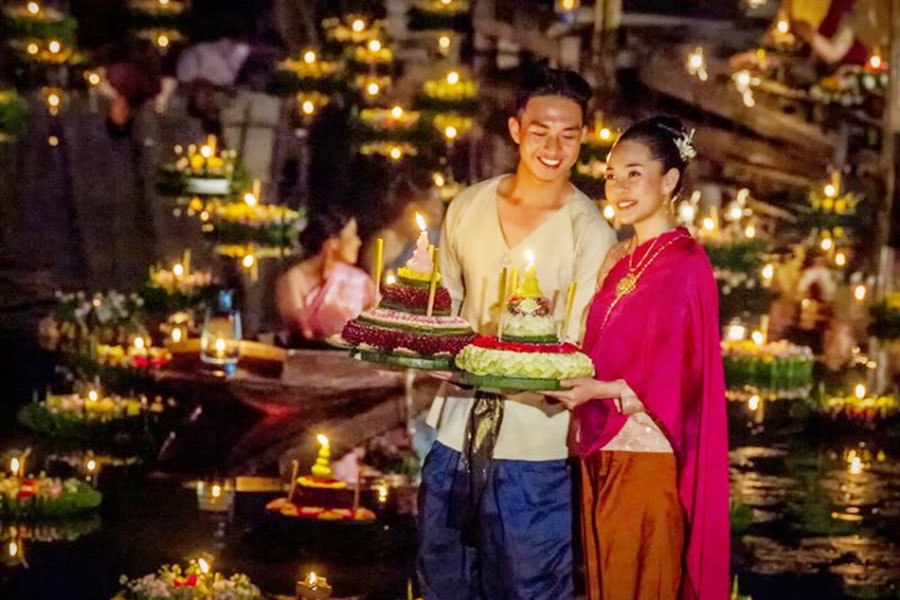
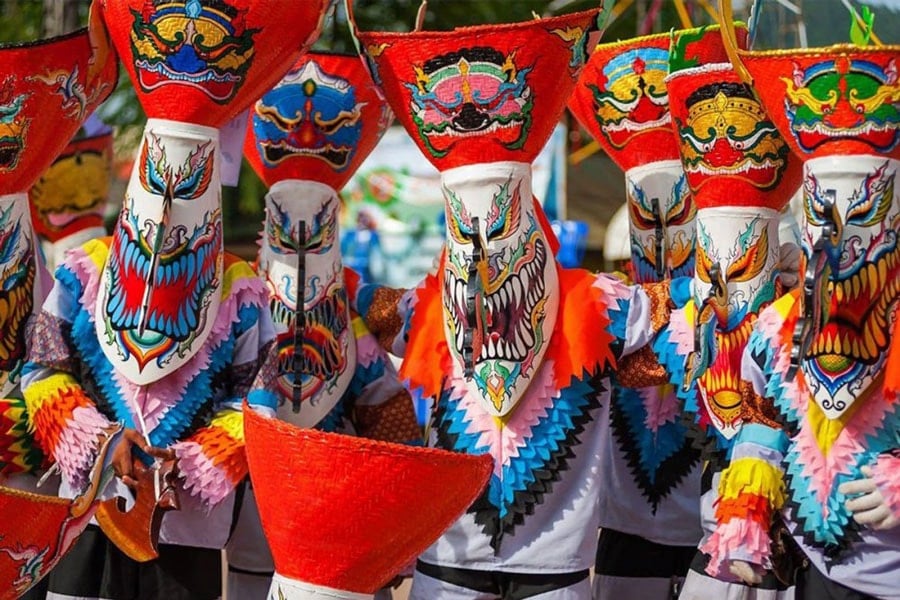

![[Photo] Visiting Cu Chi Tunnels - a heroic underground feat](https://vstatic.vietnam.vn/vietnam/resource/IMAGE/2025/4/8/06cb489403514b878768dd7262daba0b)




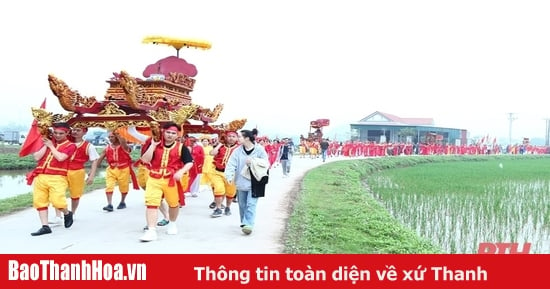

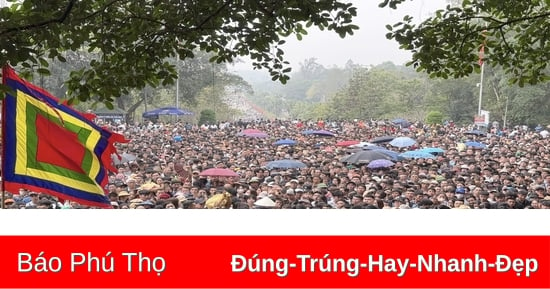
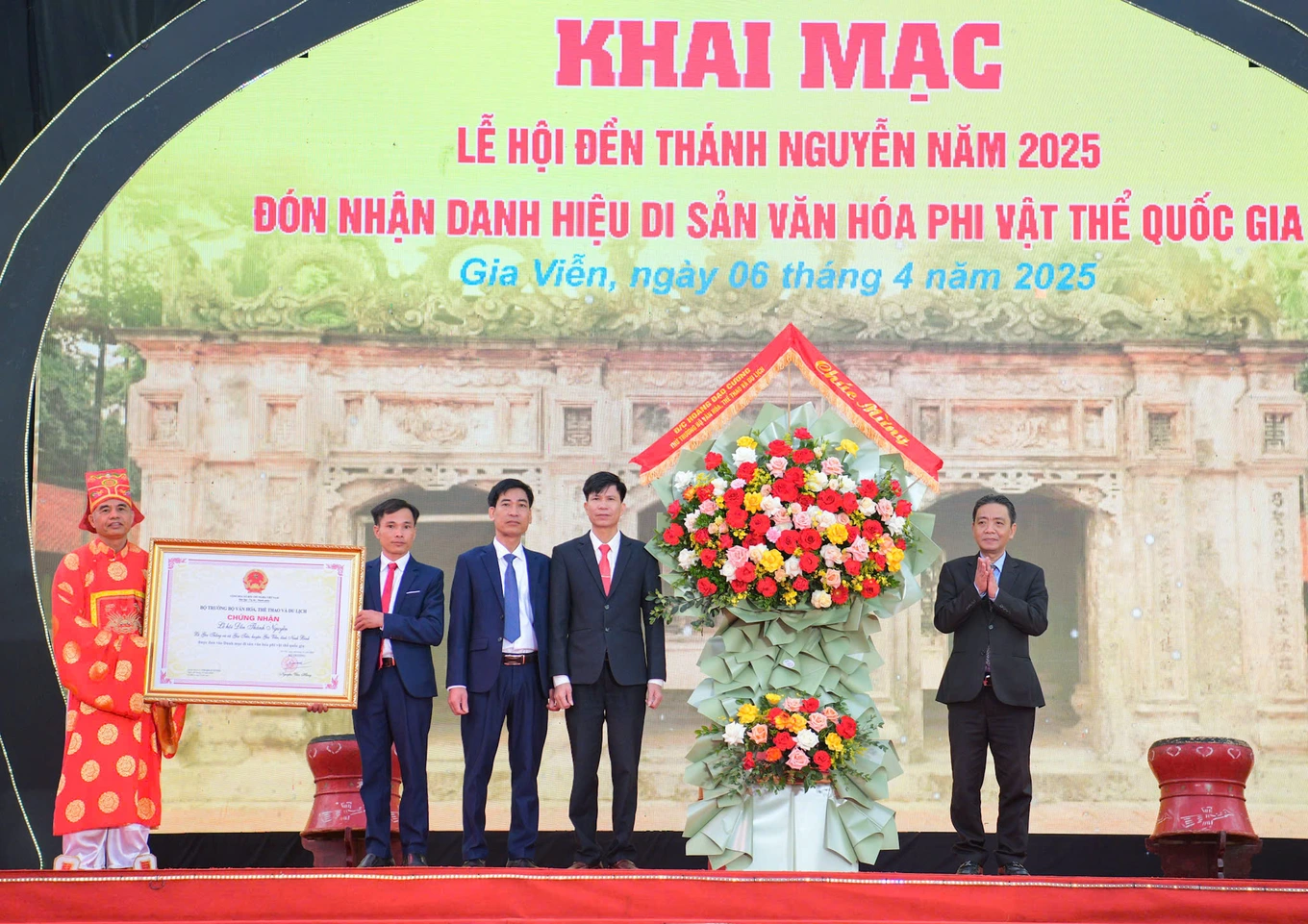

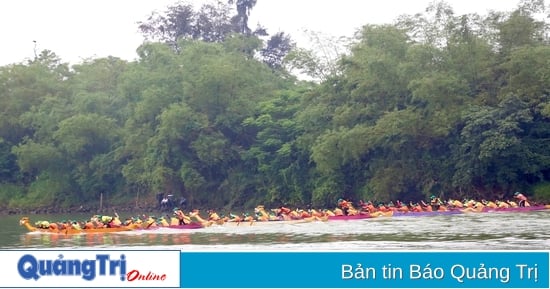
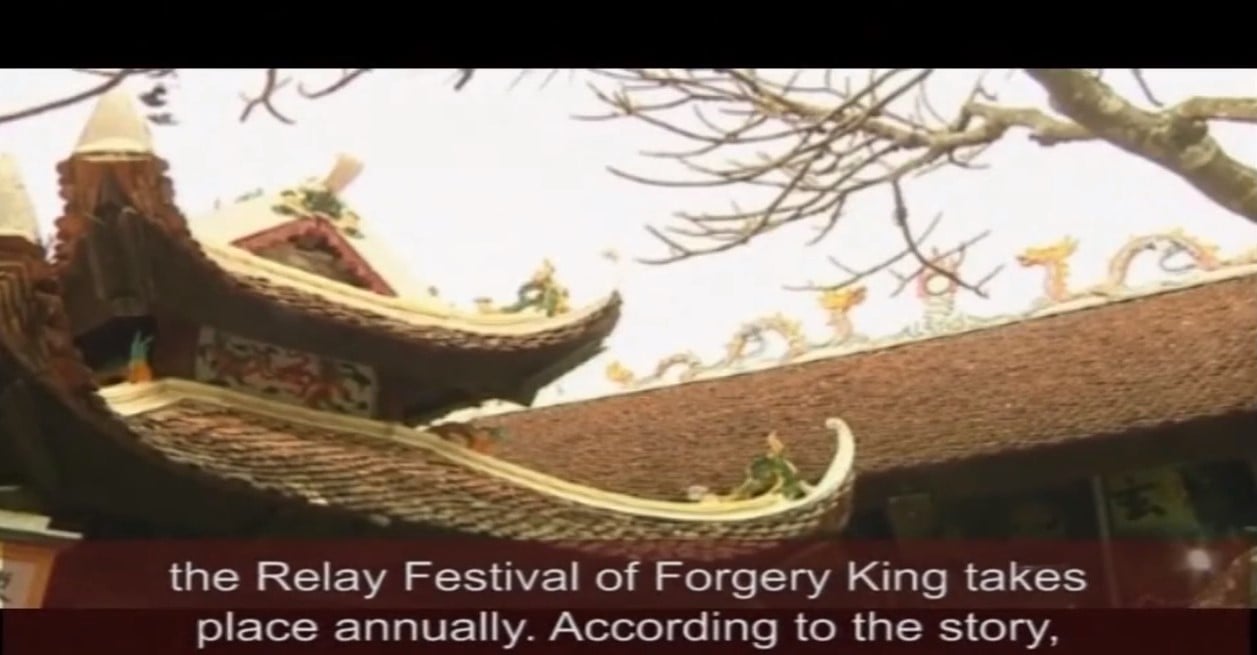
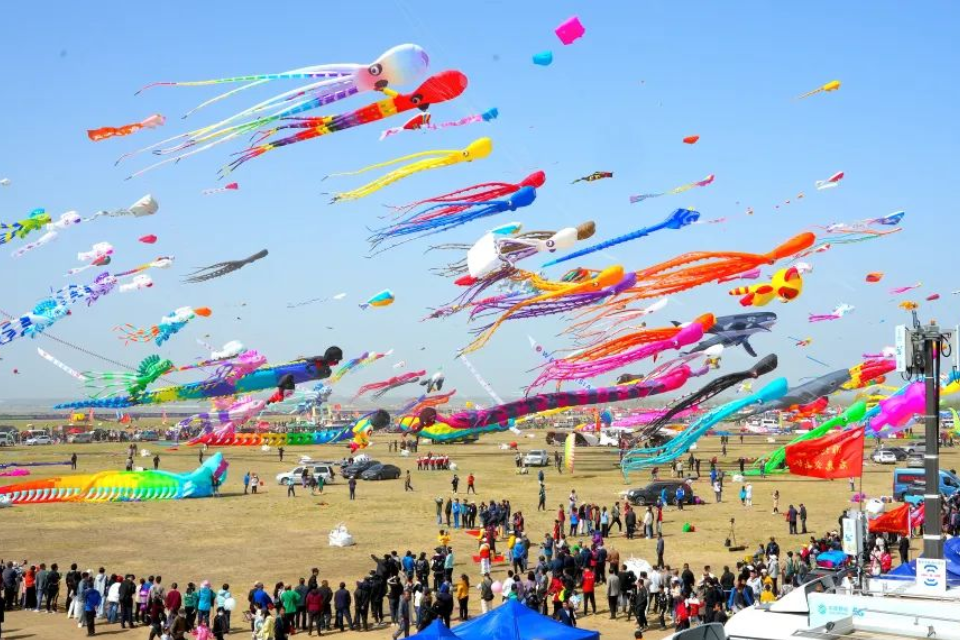
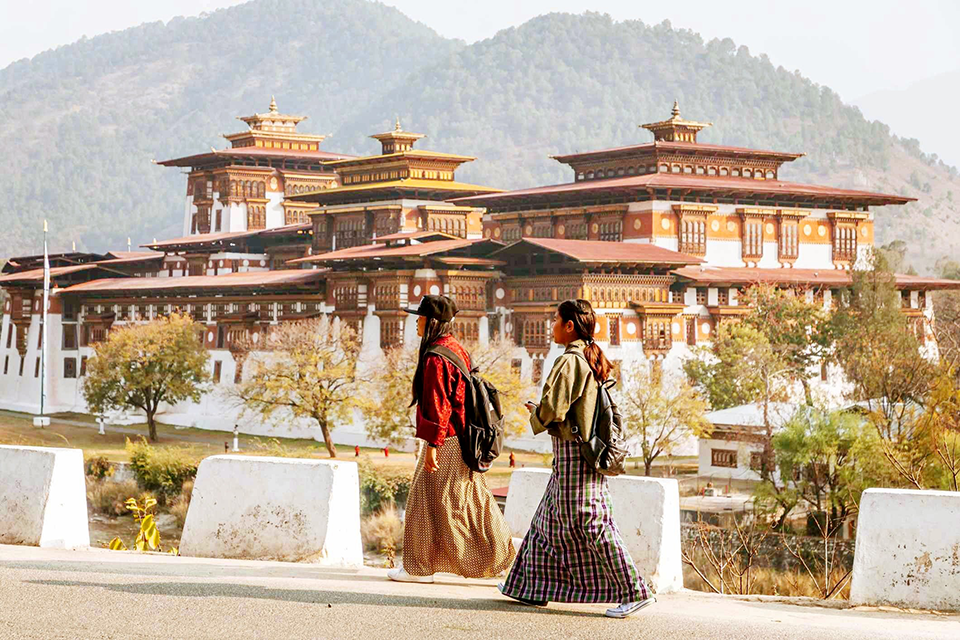
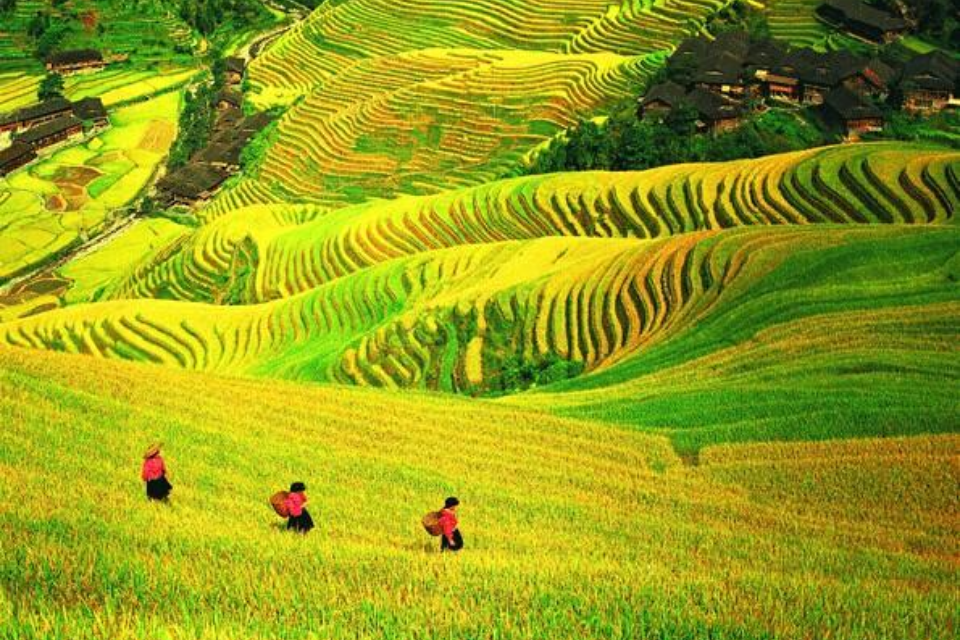
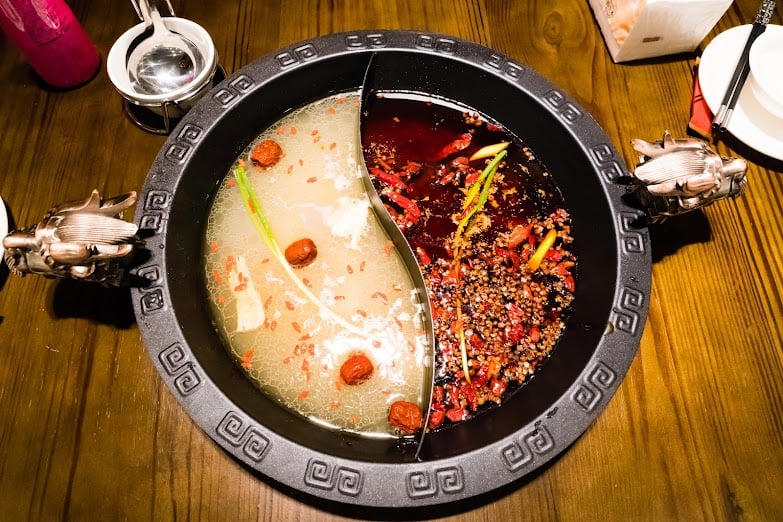
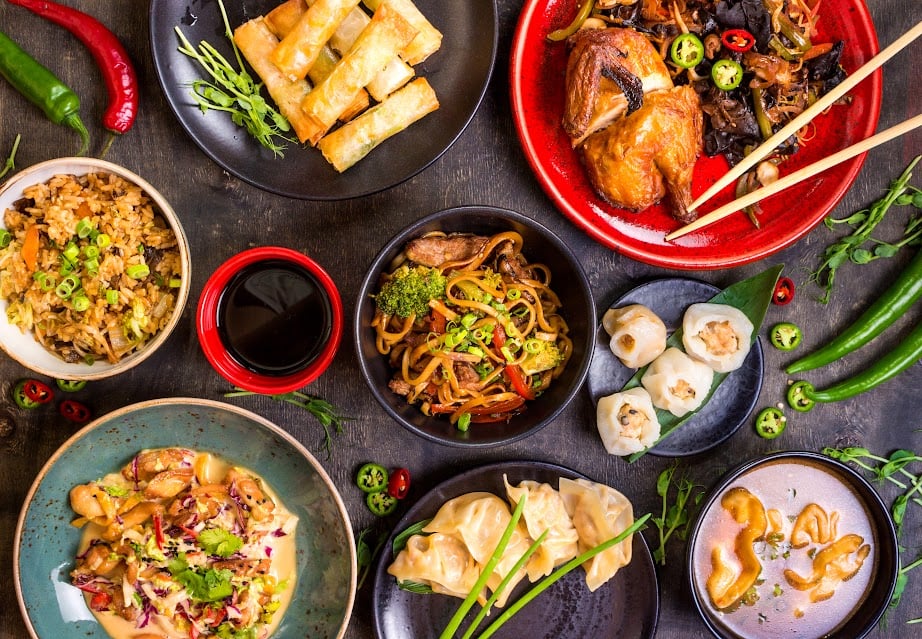
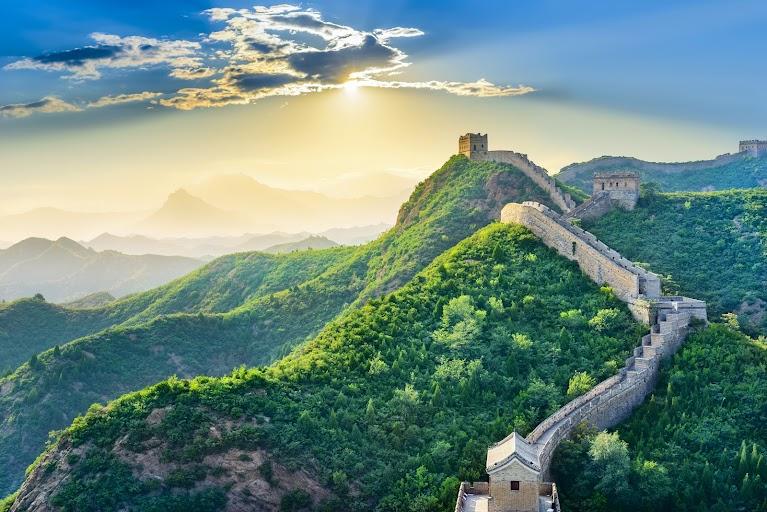
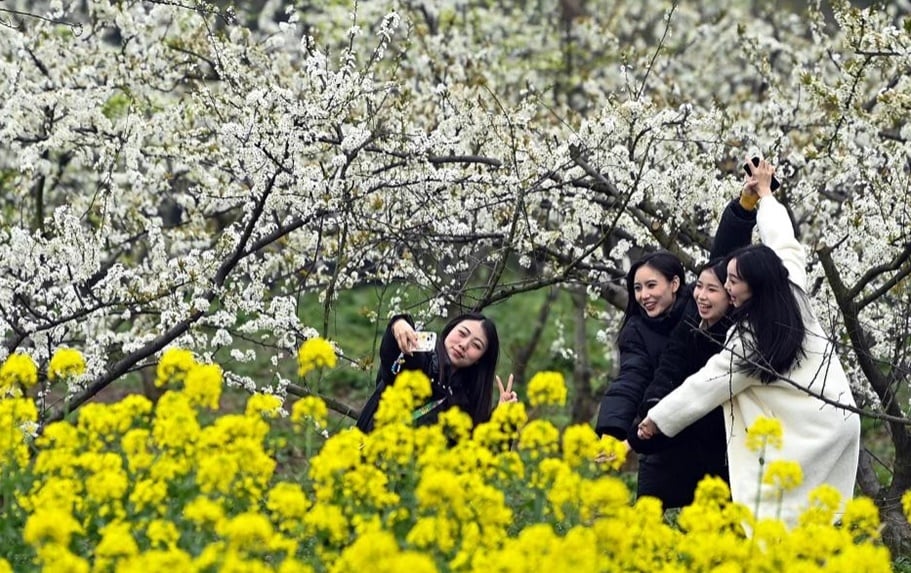



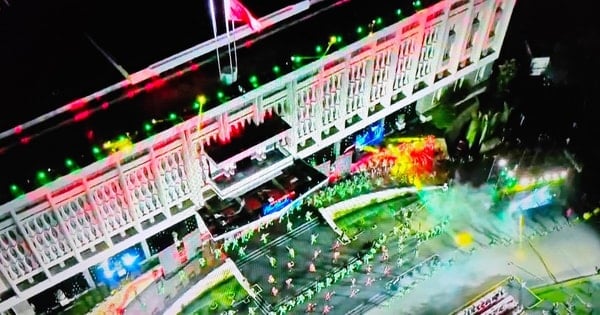
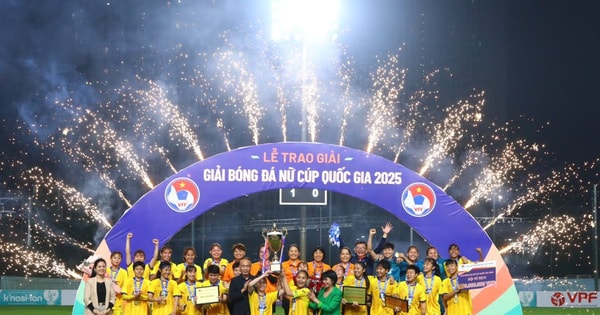
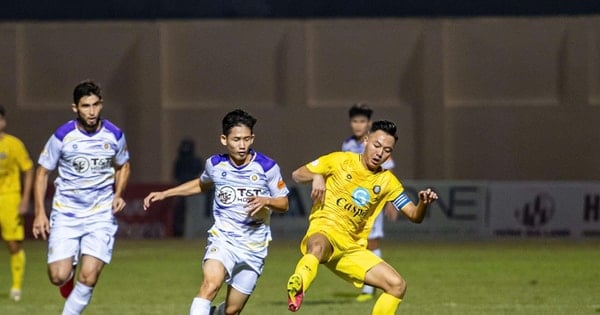
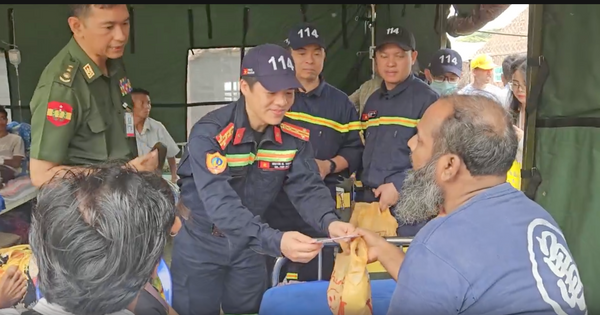
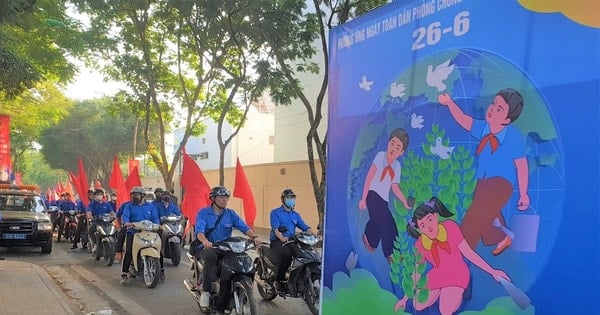
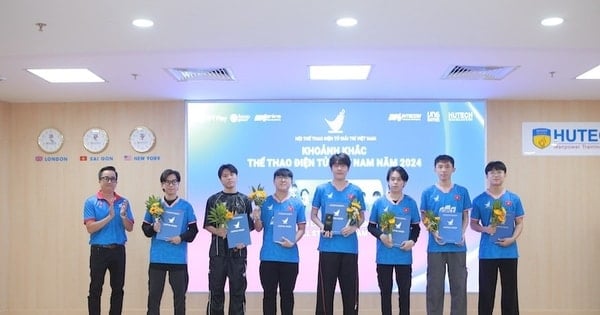








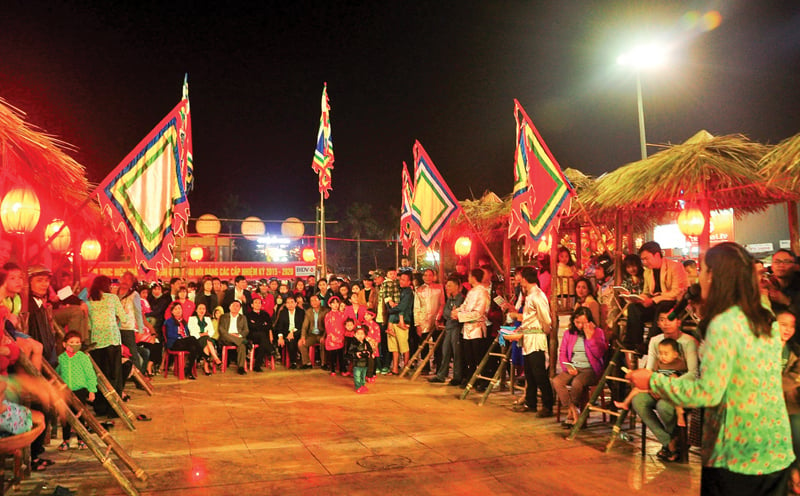

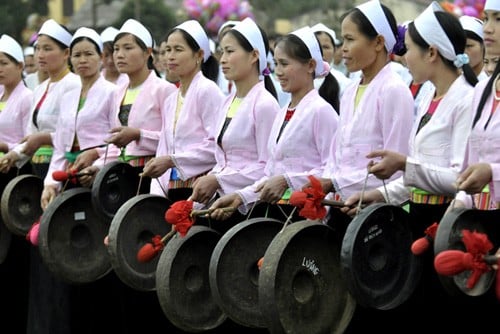











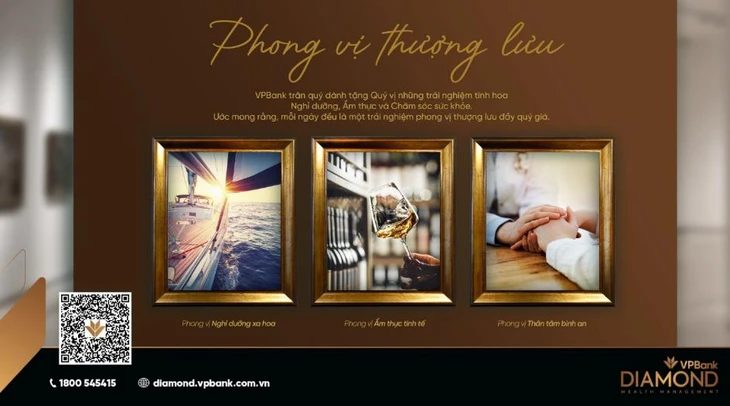


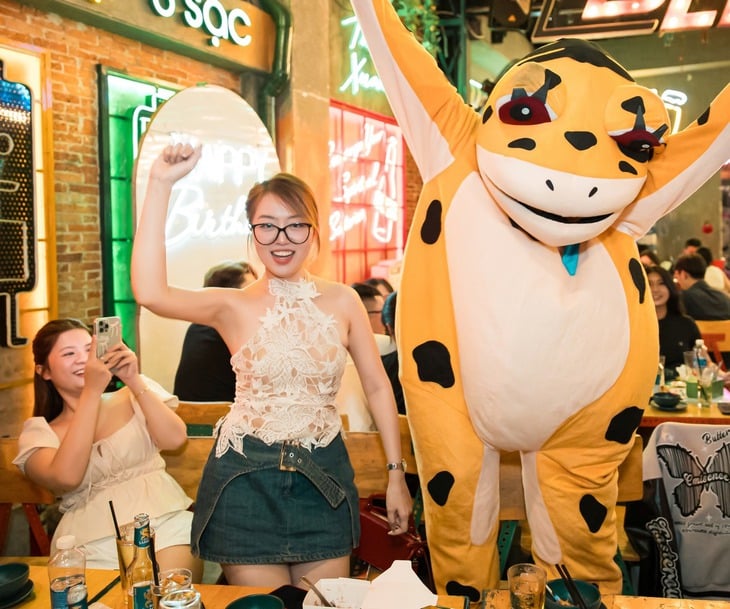






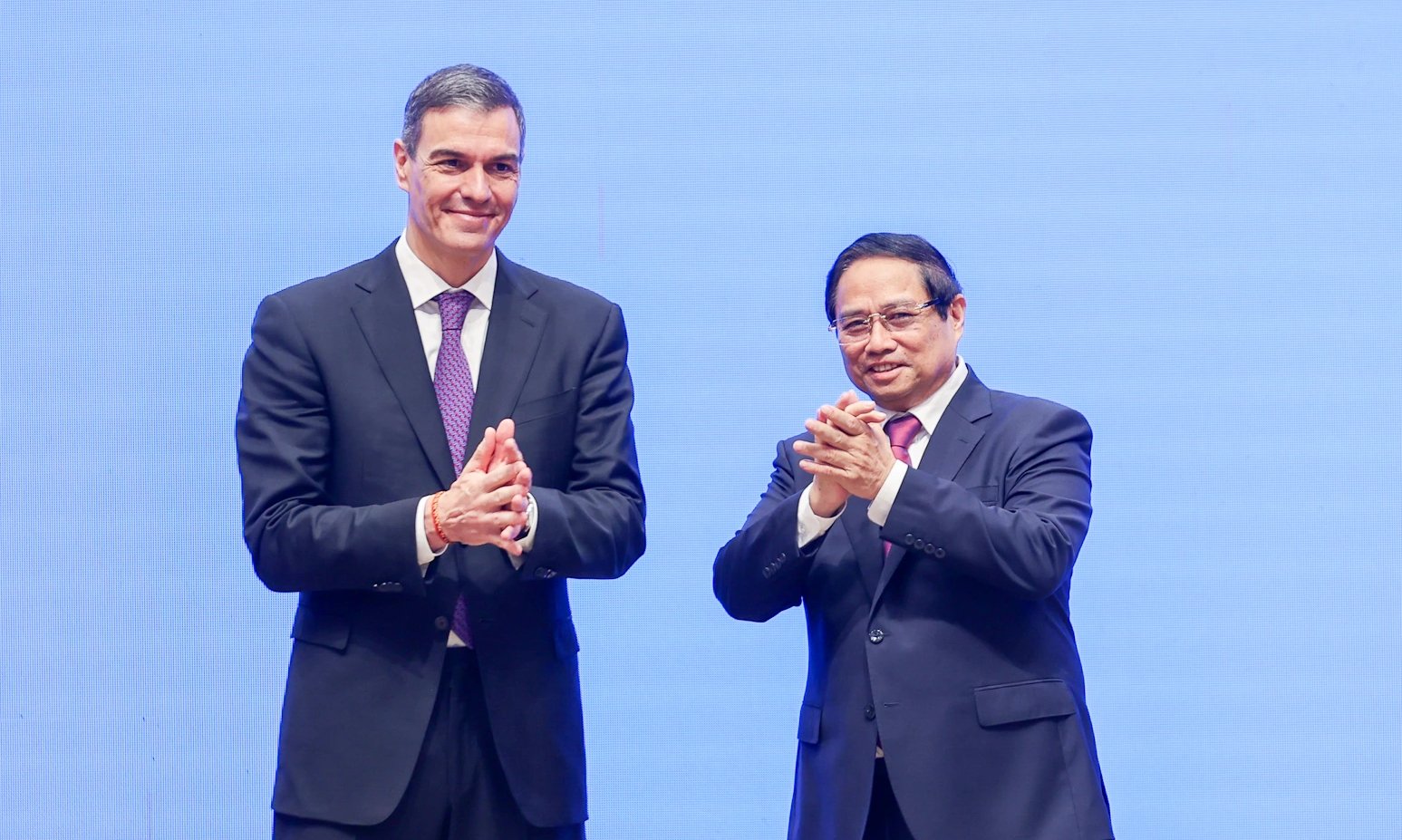

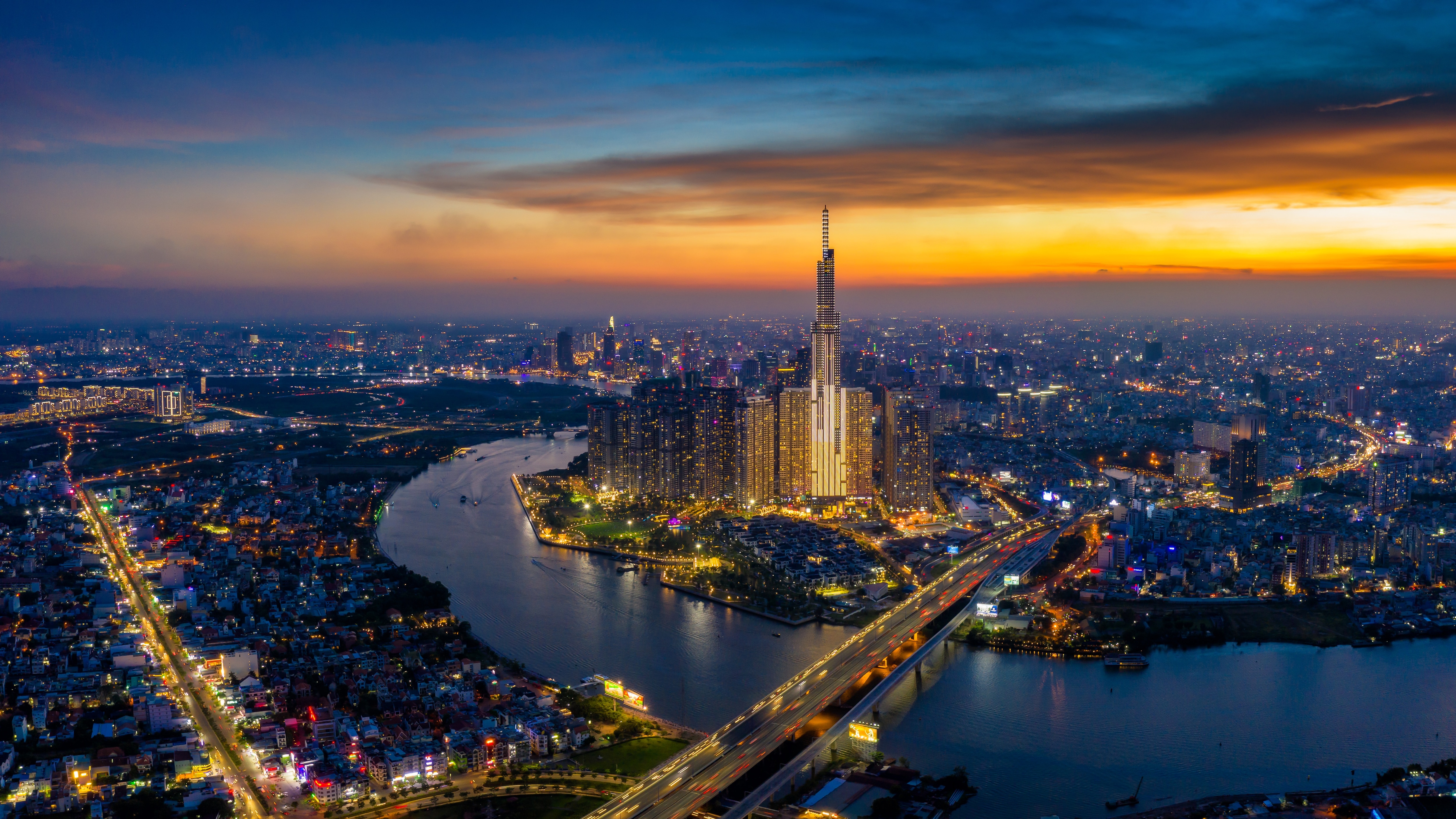

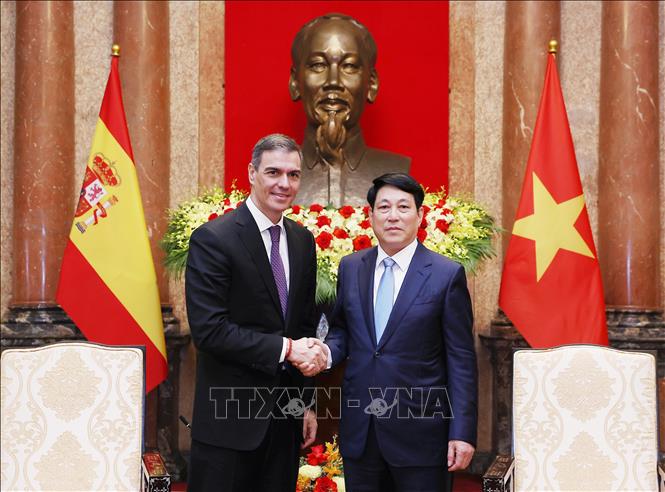








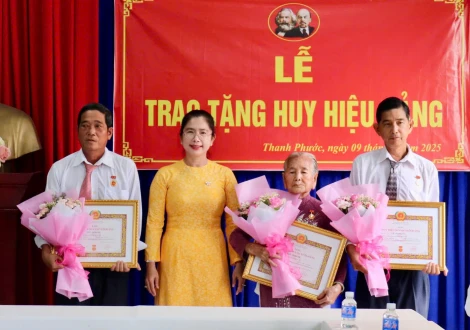
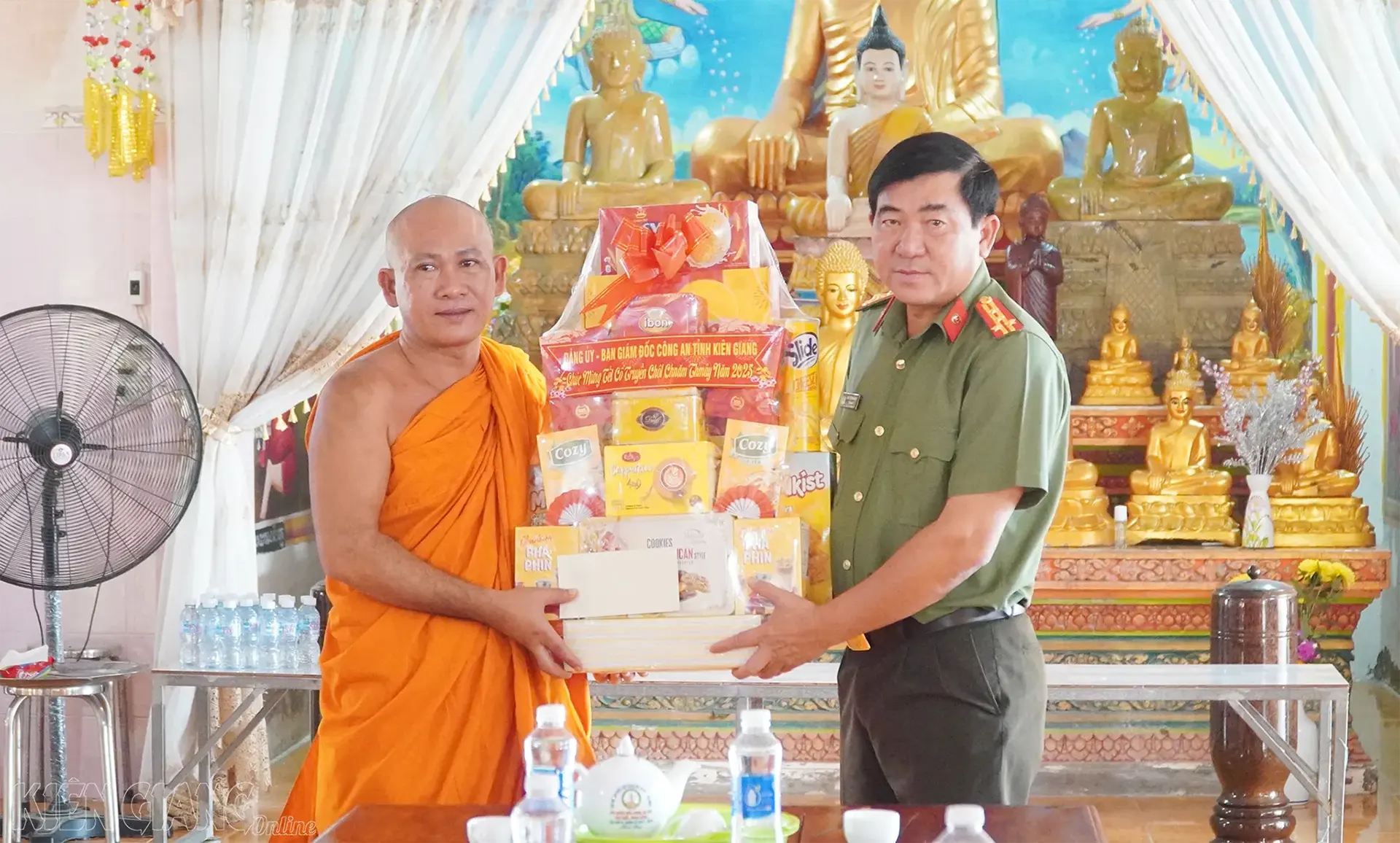
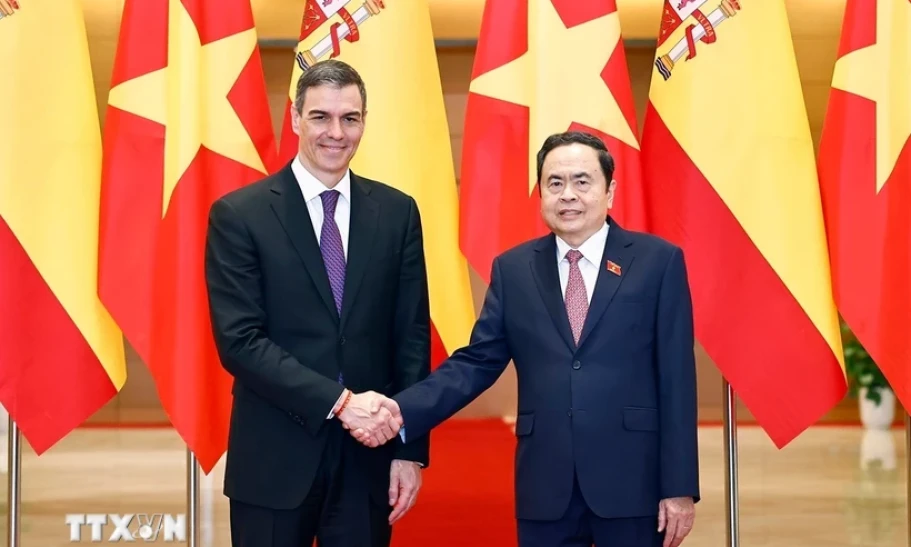
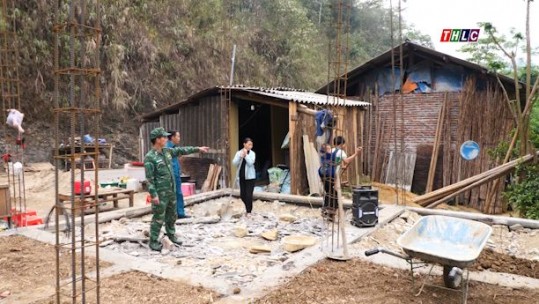
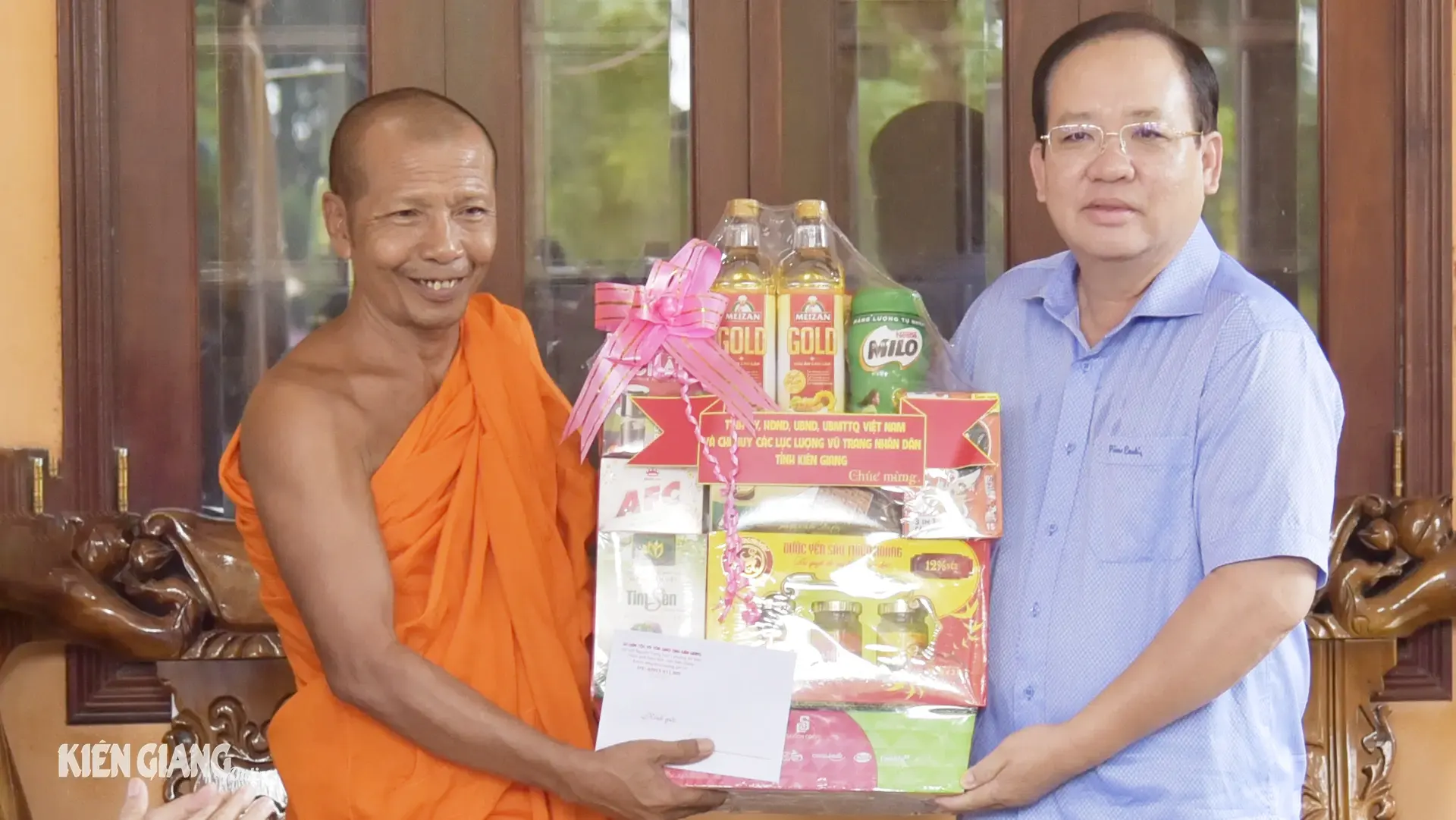
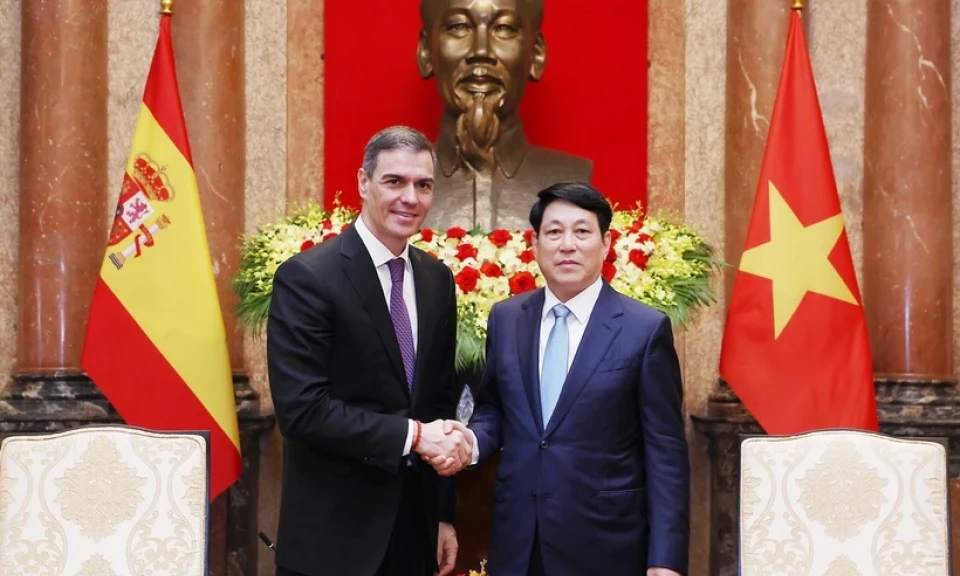










Comment (0)